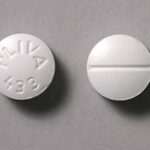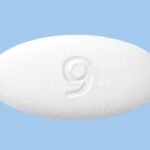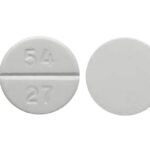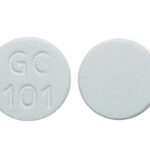What is PLIVA 334 Pill Used For?
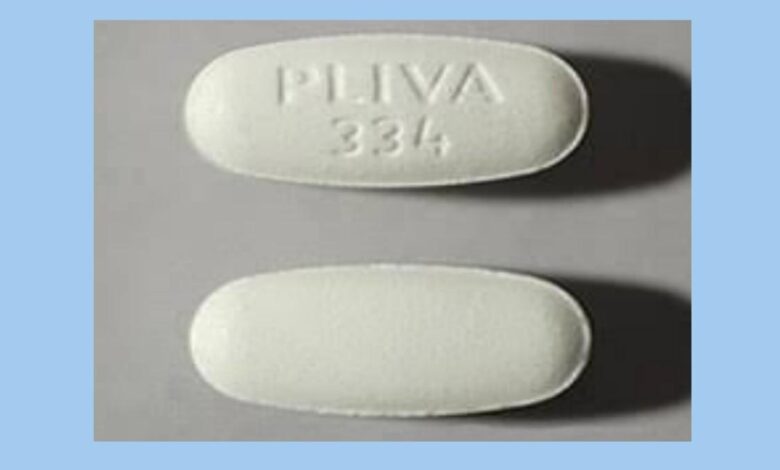
The white, elliptical / oval pill with the imprint PLIVA 334 has been identified as Metronidazole 500 mg supplied by Teva Pharmaceuticals USA. It’s used to treat skin infections, rosacea and mouth infections (including infected gums and dental abscesses). It’s used in the treatment of conditions such as bacterial vaginosis and pelvic inflammatory disease.
It’s also used to treat infected insect bites, skin ulcers, bed sores and wounds, and to treat and prevent bacterial and parasitic infections. Metronidazole is only available on prescription.
What should I tell my health care provider before I take PLIVA 334 pill?
They need to know if you have any of these conditions:
• Cockayne syndrome
• history of blood diseases, like sickle cell anemia or leukemia
• history of yeast infection
• if you often drink alcohol
• liver disease
• an unusual or allergic reaction to metronidazole, nitroimidazoles, or other medicines, foods, dyes, or preservatives
• pregnant or trying to get pregnant
• breast-feeding.
How should I take PLIVA 334 pill?
Take this medicine by mouth with a full glass of water. Follow the directions on the prescription label. Take your medicine at regular intervals. Do not take your medicine more often than directed. Take all of your medicine as directed even if you think you are better. Do not skip doses or stop your medicine early.
Talk to your pediatrician regarding the use of this medicine in children. Special care may be needed.
Overdosage: If you think you have taken too much of this medicine contact a poison control center or emergency room at once.
What if I miss a dose?
If you miss a dose, take it as soon as you can. If it is almost time for your next dose, take only that dose. Do not take double or extra doses.
What may interact with this medicine?
Do not take this medicine with any of the following medications:
• alcohol or any product that contains alcohol
• cisapride
• disulfiram
• dronedarone
• pimozide
• thioridazine
This medicine may also interact with the following medications:
• amiodarone
• birth control pills
• busulfan
• carbamazepine
• cimetidine
• cyclosporine
• fluorouracil
• lithium
• other medicines that prolong the QT interval (cause an abnormal heart rhythm) like dofetilide, ziprasidone
• phenobarbital
• phenytoin
• quinidine
• tacrolimus
• vecuronium
• warfarin.
This list may not describe all possible interactions. Give your health care provider a list of all the medicines, herbs, non-prescription drugs, or dietary supplements you use. Also tell them if you smoke, drink alcohol, or use illegal drugs. Some items may interact with your medicine.
What should I watch for while using PLIVA 334 pill?
Tell your doctor or health care professional if your symptoms do not improve or if they get worse.
You may get drowsy or dizzy. Do not drive, use machinery, or do anything that needs mental alertness until you know how this medicine affects you. Do not stand or sit up quickly, especially if you are an older patient. This reduces the risk of dizzy or fainting spells.
Ask your doctor or health care professional if you should avoid alcohol. Many nonprescription cough and cold products contain alcohol. Metronidazole can cause an unpleasant reaction when taken with alcohol. The reaction includes flushing, headache, nausea, vomiting, sweating, and increased thirst. The reaction can last from 30 minutes to several hours.
If you are being treated for a sexually transmitted disease, avoid sexual contact until you have finished your treatment. Your sexual partner may also need treatment.
What are the side effects of PLIVA 334 pill?
Side effects that you should report to your doctor or health care professional as soon as possible:
• allergic reactions like skin rash or hives, swelling of the face, lips, or tongue
• confusion
• fast, irregular heartbeat
• fever, chills, sore throat
• fever with rash, swollen lymph nodes, or swelling of the face
• pain, tingling, numbness in the hands or feet
• redness, blistering, peeling or loosening of the skin, including inside the mouth
• seizures
• sign and symptoms of liver injury like dark yellow or brown urine; general ill feeling or flu-like symptoms; light colored stools; loss of appetite; nausea; right upper belly pain; unusually weak or tired; yellowing of the eyes or skin
• vaginal discharge, itching, or odor in women
Side effects that usually do not require medical attention (report to your doctor or health care professional if they continue or are bothersome):
• changes in taste
• diarrhea
• headache
• nausea, vomiting
• stomach pain.
This list may not describe all possible side effects. Call your doctor for medical advice about side effects. You may report side effects to FDA at 1-800-FDA-1088.
Where should I keep my medicine?
Keep out of the reach of children.
Store at room temperature below 25 degrees C (77 degrees F). Protect from light. Keep container tightly closed. Throw away any unused medicine after the expiration date.

